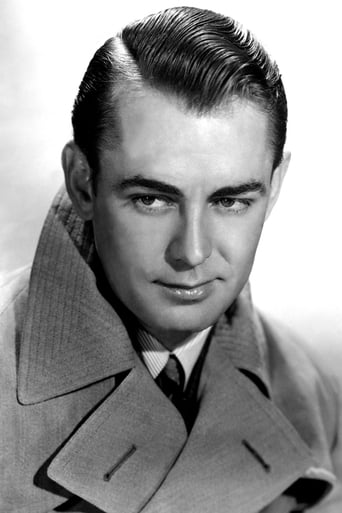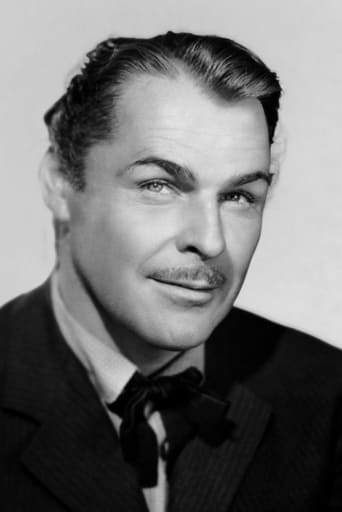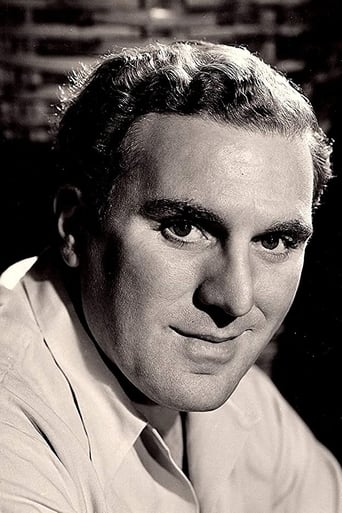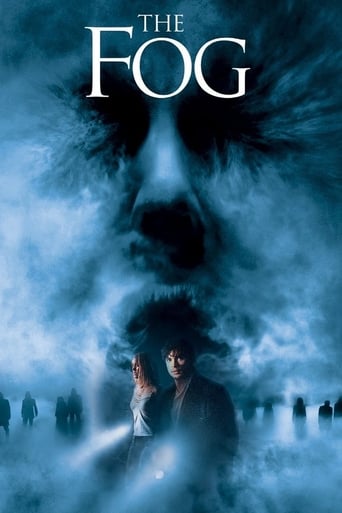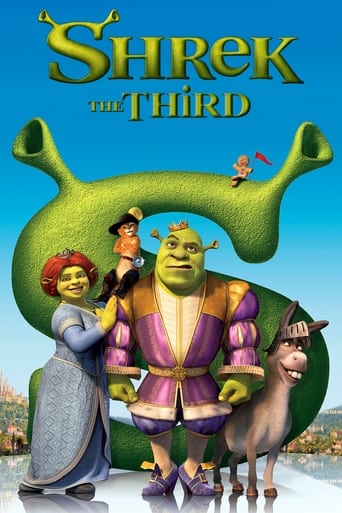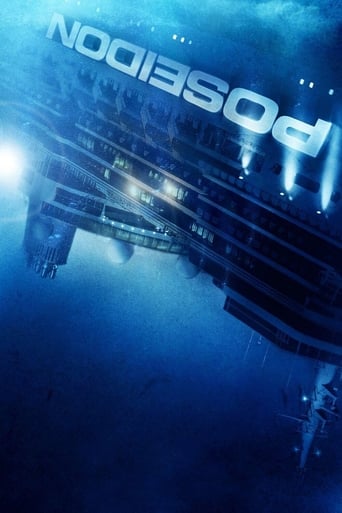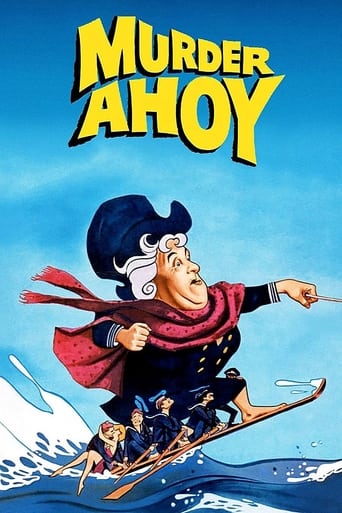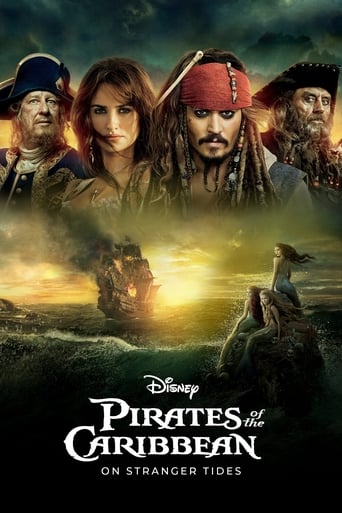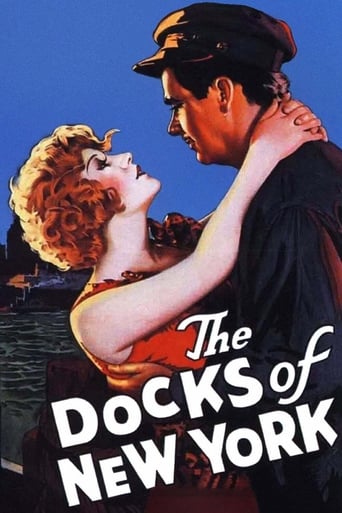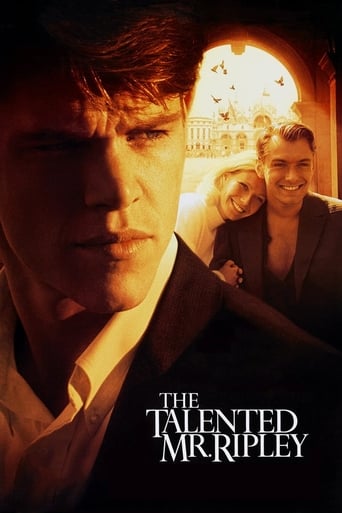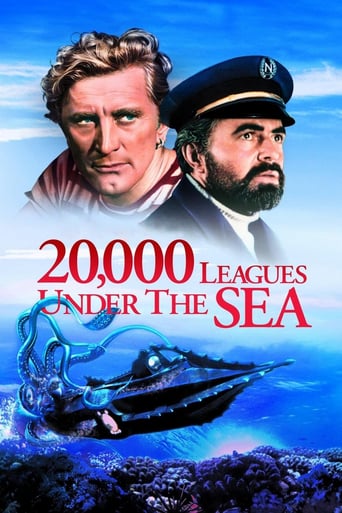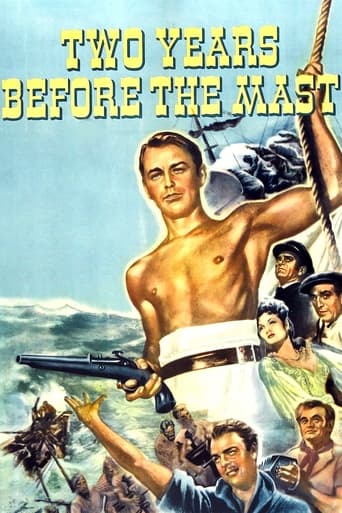
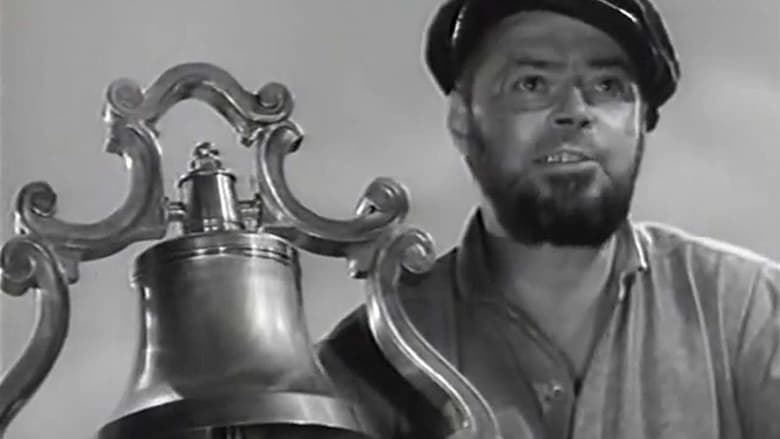
Two Years Before the Mast (1946)
In 1834, Charles Stewart (Alan Ladd), the spoiled, dissolute son of a shipping magnate, is shanghaied aboard the Pilgrim, one of his father's own ships. He embarks upon a long, hellish sea voyage under the tyrannical rule of Captain Francis Thompson (Howard Da Silva), assisted by his first mate, Amazeen (William Bendix). One of his crewmates is Richard Henry Dana Jr. (Brian Donlevy).
Watch Trailer
Cast


Similar titles
Reviews
Just perfect...
I cannot think of one single thing that I would change about this film. The acting is incomparable, the directing deft, and the writing poignantly brilliant.
Good films always raise compelling questions, whether the format is fiction or documentary fact.
This is a coming of age storyline that you've seen in one form or another for decades. It takes a truly unique voice to make yet another one worth watching.
It's been years since I read the book but as I remember it there was no Allan Ladd figure in it, a ne'er do well who is shanghaied aboard the cargo ship Pilgrim. There was just Richard Henry Dana who had dropped out of Harvard because of faulty vision and signed aboard because he thought it might help clear his sight. He didn't go back to college but he left an enduring and compelling account of his trip in the 1840s from Boston to the California coast, and his return aboard the Alert.The record wasn't only accurate. It was colorful and even lyrical. Herman Melville acknowledged it as an inspiration for Moby Dick. It's an amazingly evocative narrative. Dana Point in southern California is named after him. He and his mates stood atop the cliffs and flung cow hides down to the sailors below, to be loaded aboard the ship.California at the time was a province of Mexico, and places like San Francisco ("Yerba Buena") and Los Angeles were villages surrounded by large Spanish land grants and ranches. Dana was a humanitarian and, coming from New England, an anti-slavery activist. His purpose was to leave an accurate record of the life of sailors aboard American ships, documenting their characters and their mistreatment.That's about what I remember from the book. The 1946 movie with Allan Ladd seems to owe a good deal to Jack London's "Sea Wolf", the story of a wealthy young shipwreck survivor picked up by a ship and coerced into working as a members of the crew by a captain who was a madman. This skipper, Howard Da Silva, isn't nuts but insists the men carry out his wishes as if they were the word of God. Maybe Captain Bligh was the inspiration here.Life on the Pilgram is a rough life. Ladd is assigned the most menial of duties on the deck force while a very young stowaway is appointed cook's helper. In terms of working hours, cooks have one of the roughest jobs of all. They don't strain their muscles, as we had to on the deck force of a Coast Guard cutter, USCGC Gresham, but they have to get up before any of the rest of the crew and start preparing breakfast. And they don't stop working until they've finished cleaning up after the last meal of the day, hours after the day workers have stopped. The deck force is no picnic either. Everyone on my ship knew the story (possibly "fake news") of the boatswain's mate on a neighboring ship who slapped a seaman across the face and gave him a bloody nose, then made him get on his knees and holystone the blood off the wooden deck. The Chief BM on the Gresham went no farther than raising fist over me and threatening to belt me. Oh, it was rough duty. The blond young Swedish maids helped ease the pain.Where was I? Yes, no sea duty today compares to what these guys go through -- twenty lashes for looking cross-eye at an officer, and so forth. What's always puzzled me is, if they're going to administer lashes, why do they always rip the shirt down his back? Why not ask him to take it off? Brian Donlevy plays Richard Henry Dana, writing the book in his spare time. The book, as I say, was a literary gem. Dana captured the experience of working on a sailing ship, including the floggings and the scurvy. (Viz: "Limeys.") Beyond that he gave us treats on landfalls, storms, and ice bergs. Da Silva is the uncompromising and humorless captain. William Bendix is the brutal First Mate Amazeen who gets to belt Ladd on the face. If the producers needed someone to beat hell out of Ladd, more than once it was Bendix. The two men were friends, despite a temporary falling out over Ladd's lack of interest in enlisting during the war.In Pernambuco, the Pilgrim acquires a passenger -- a beautiful young woman, what else? Compare this to The Sea Wolf, which also picks up a pretty young girl and Jack London's prose turns to mush. Actually, here, Esther Fernández as the requisite romantic role, is quite attractive and gives a respectable performance. Her career flourished in her native Mexico.I don't think I'll give away the ending except to say there is a violent clash, some deaths, and a victory of sorts. You'll probably enjoy the move. It's aglow with resentment and tension.
As a lurid melodrama I suppose that this is OK,provided that you do not take it seriously.It may seem'realistic" because it is so grim and gritty, but it will not stand up to close examination.The producers were shamelessly trading on the reputation of one of the greatest books about the sea for a contrived soap opera. It would have been far more honest to make up their own title.Virtually nothing about the movie bears the slightest resemblance to the book. I saw the movie,and have read the book several times. It is a great account full of details, very well written which deserves repeated readings, to get the most out of it.Seeing the movie once was quite enough.The only real characters were Captain Thompson, and Dana himself, who is of course the narrator of the book which is the true account of his own experiences.The real Dana actually was more like the fictitious Stewart than the ordinary seaman he is in the movie. He was from an upper class family, and a student at Harvard who was making this trip to "toughen up" and repair his health.The part about his brother dying from abuse as a seaman was total fiction.The real Captain Thompson was a hard and sometimes brutal man, who abused his authority by flogging two seamen without just cause,although apparently it was a case of loosing his temper. Apparently he secretly regretted it, because later he controlled his temper under much more trying circumstances,and even refrained from flogging the carpenter after he had urged the mate to seize command from the captain.Flogging was apparently much rarer than legend has it;when the ship arrived in California, and word of the flogging spread among the other ships in the hider trade,the seamen on the other ships at first thought it was a joke, and then were very shocked and surprised when they found out that it actually happened, indicating that it was far from normal.Thompson and the "Pilgrim" rapidly got a very bad reputation.The scurvy incident, intended to show the callousness of the captain, actually, if it had happened, would indicate that he was insane.No captain would have done that.Regardless of his lack of humanity, he needed the crew to work the ship,and scurvy would render them helpless.In fact, scurvy did strike during the trip home, and the captain desperately sought out any ship that had fresh provisions, which he found.Actually, Dana was not trying to lessen the authority of the captain in law.He didn't even want to remove his right to flog disobedient seamen;he said that if he ever went to see as a captain, he would want to have the authority to flog,though he would hope that he would never have to use it, because of the unruly elements represented among common seamen.He felt that it was essential as a constant threat to maintain discipline He did say that captains should be held accountable for abuse of their authority,and that courts were far too lenient on ones convicted of abuse.In the book he said that at the time of the floggings he swore to bring Thompson to justice;whether he actually did or not is unclear.His family was friendly with the senior partner of the firm that operated the ships he sailed on in the California hide trade.
The press gang of the "Pilgrim" recruits a crew and the ship sets sail. Captain Thompson (Howard Da Silva) is only concerned with breaking speed records and has First Mate Amazeen (William Bendix) and Second Mate Foster (Luis Van Rooten) as his side-kicks to run discipline with a rod of iron. There are floggings, rations, neglect and heartless sea burials on his journey. The crew who suffer include Charles Stewart (Alan Ladd), Henry Dana (Brian Donlevy) and Brown (Albert Dekker). Dana keeps an incident log which will change merchant sea law forever. It becomes published and is called "Two Years Before The Mast" This is a true-life account of conditions at the time and is based upon a book that introduced maritime law. The cast are all good - Howard Da Silva makes an excellent bad guy. I don't usually like children in films but the stowaway Sam Hooper (Daryl Hickman) isn't as annoying as I feared he might be, and his inclusion in the story has relevance in how the crew relate to Charles. Indeed, he also brings out a human side to Mr Amazeen. However, I am not sure what the point of having the 2 passengers was - the film dragged whenever Maria (Esther Fernandez) was on screen. It was good to watch Charles's transformation from a dislikeable oik to a man with a conscience. There were also some humorous moments thrown in, eg, when Charles goes back to eat the chicken he has stolen in front of the crew that hate him. It's a good film but I never understand the point in scrubbing the decks. What's that about?
I am disappointed to see the sparsity of votes for this very-of-guys movie. This box-office smash of 1946 which is a sly attempt to invoke the more academy award favored Mutiny on the Bounty. Obviously, this movie was made to win awards and to give prestige to the studio, producer and actors involved. It did not garner a single nomination. Based on a true story and a best-selling non-fiction book from the 19th Century, it details the kind of cruelty and inhumanity that was used back then to run a ship. The stand-out of many fine performances is Howard da Silva as the captain Thompson who is more interested in breaking arrival records than in keeping the health, morality or moue of his crew in a flush of pink. Alan Ladd is the somewhat lead for make no mistake, this is no Ladd piece but an ensemble of Paramount's finest and great character actors. William Bendix, an actor who puts to shame the theory that real acting began with those "method" actors of the fifties with everything he does, is perfect as the first mate Amanzine. Shot strictly on studio sets, it does have the necessary realism of the open seas and azure skies that could give it the needed extra texture but it tries and works all the same. Unexpected events happen and formula is avoided until a rushed third act and ending that feels to hurried to resonate. That is why I voted it an 8/10. It is just too flat, as if the producers were late for dinner or something and slapped something together. Surely, events you want to see resolved is giving the sleight of hand and the picture is only 98 mins, so why the hurry? A good guy's movie with fine performances. It could have been a classic but it's just a good movie. P.S. I cannot believe Da Silva was not nominated for his performance. That is just a plain travesty.


